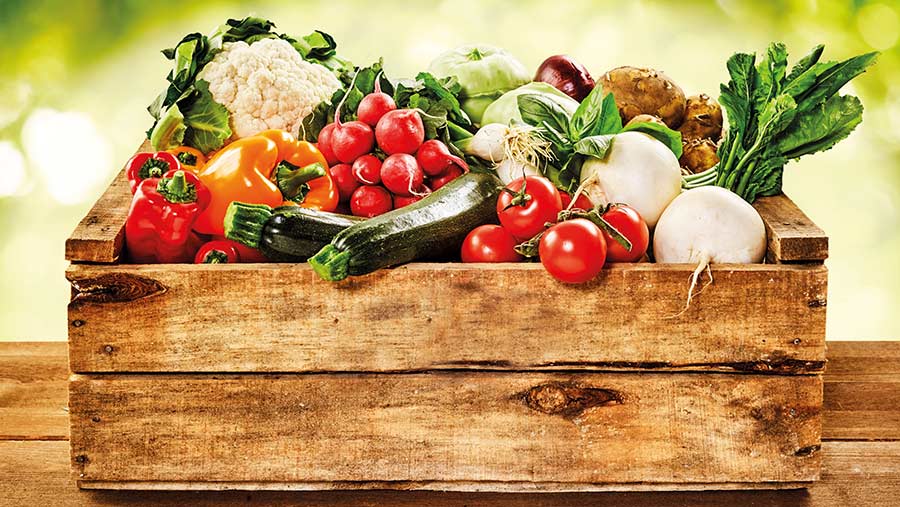Opinion: Time for farmers to explain the facts about meat and dairy
 © Exclusive Design/Adobe Stock
© Exclusive Design/Adobe Stock “Eating is an agricultural act”. These words, painted prominently on the wall of a shiny new food emporium in London, were arresting enough for me to look them up later.
I hope others did too. They came from an article, “The Pleasures of Eating”, by Wendell Berry, a US farmer and writer.
He writes that our enjoyment of food, and our health, will be significantly enhanced if our choices are based on sound knowledge of where and how it was grown or raised.
He favours local and seasonal – so it’s ironic that the emporium was dedicated to Italian food.
See also: Meat eaters or vegetarians – who has the better arguments?
I still had the quote in my head when I saw the headline “Council bans meat” in relation to plans at Oxfordshire County Council.
With help from an officer, I found that the “meat ban” is one of six recommendations to be considered by the council’s cabinet on 15 March.
Following a deplorably tendentious preamble on the climate damage done by meat and dairy, the first recommendation is that food at “all council-catered events and meetings is entirely plant-based” and “preferably sourced from local food surplus organisations”.
There follow further recommendations, the gist of which is that there should be more vegetables in school meals; more education – particularly of young people – about the effect of food choices on the environment, health and animal welfare; and instruction on how to avoid food waste.
Finally, the council should “recognise the benefit of sourcing food locally from producers who follow sustainable principles”.
Fun though it is to envisage councillors dutifully eating leftover vegan pastries from a certain high-street chain, parts of this are sensible and Mr Berry would surely approve.
It is a good thing if people are better informed about where their food comes from, and the care and effort that goes into producing it.
But neither the preamble nor the recommendations reassure me that this will be done in a balanced way and not left to activists who are implacably anti-meat and innately suspicious of British farmers.
(Why is it only local producers who have to demonstrate sustainability? And who is going to judge?)
Champion home-produced food
However, there may be opportunities here. A report into the recommendations will have to be published about a week before the March meeting.
If the officers preparing the report don’t already have contacts with local farming representatives, now is the time to introduce yourselves.
Heavy-handed lobbying is likely to be counter-productive, so offer help, information, farm visits, people who can speak in schools – anything to ensure that the eating done at the council and in its schools is an act that values, rather than vilifies, local agriculture.
Draw attention to the campaign, just launched by food and farming charity Sustain, to get public-body caterers to buy far more home-produced food.
There are signs people are waking up to the benefits of livestock.
Regenerative farming has featured in the press recently – apparently “Regenuary” is the latest thing in foodie circles – but this is unlikely to provide food on the scale or at the price required for school dinners.
Enthusiasm for regen farming must not obscure the fact that food is already produced here to high environmental and welfare standards.
Let’s give Oxfordshire County Council, and others like them, every reason to buy local.

